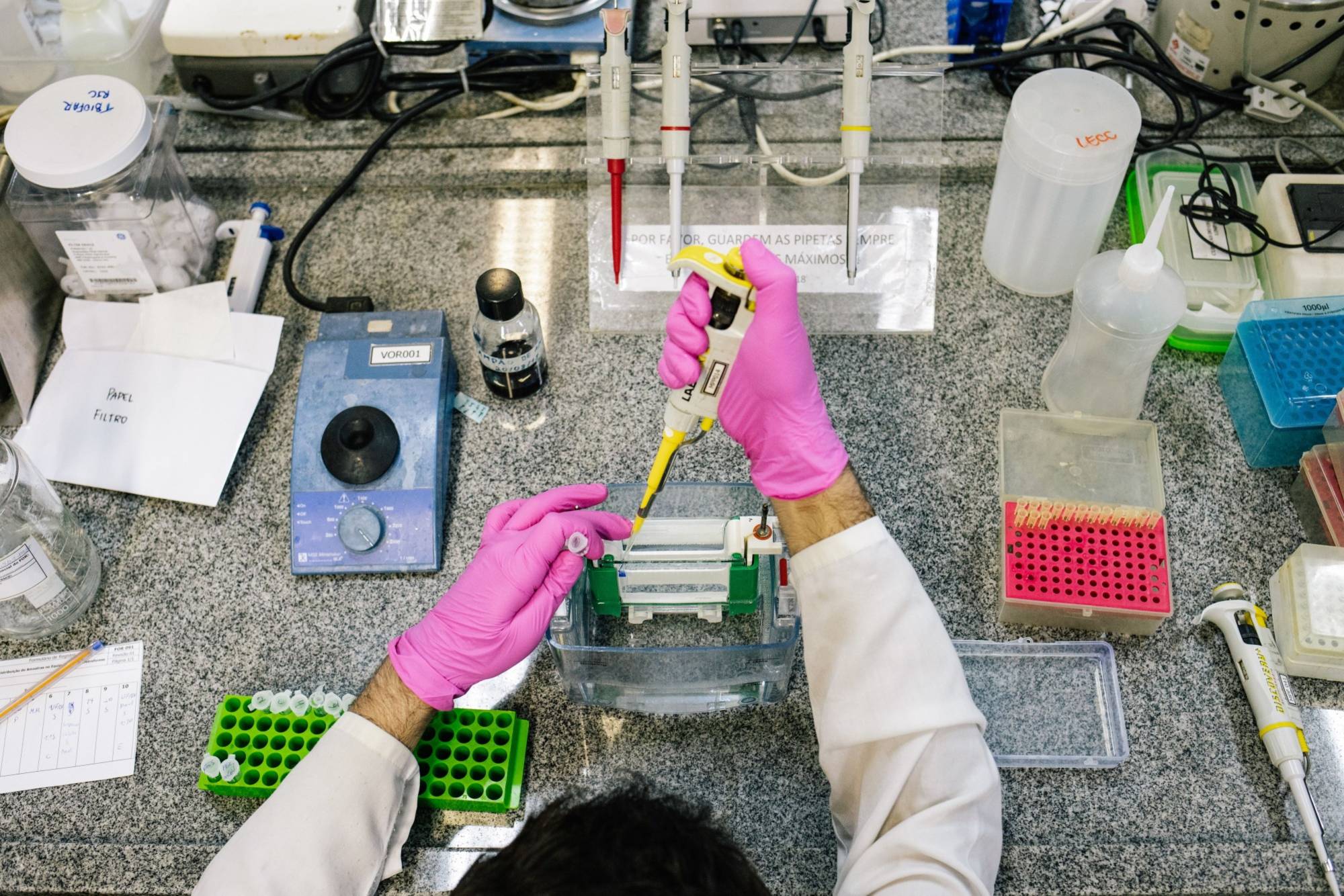Post-infection immunity might be a strange topic for political strife, but it touches on COVID-19 vaccine mandates and whether those who’ve had the virus should be exempt. And so when publications such as The Hill run headlines such as "CDC Finally Recognizing Natural Immunity — Legislators should Follow,” it carries the implication the CDC has been ignoring some long-held scientific evidence. But the science is more complicated and unsettled than that.
The relevant science question isn’t whether natural immunity exists but whether it’s as protective and lasts as long as vaccine-induced immunity. Studies have given conflicting answers. The situation is now changing again, as the BA.2 variant is starting to take over. It’s still considered omicron, but it looks to be wildly different from the version of omicron that’s been dominant, called BA.1.
Scientists confirmed that an infection with SARS-CoV-2 creates some degree of immunity in May 2020, based in part on a study published in Science, which was led by Dan Barouch, director of the Center for Virology and Vaccine Research at Beth Israel Deaconess Medical Center. "We did the study in May 2020, not so much to test natural immunity, but really as part of our vaccine program,” he told me this week.


















With your current subscription plan you can comment on stories. However, before writing your first comment, please create a display name in the Profile section of your subscriber account page.